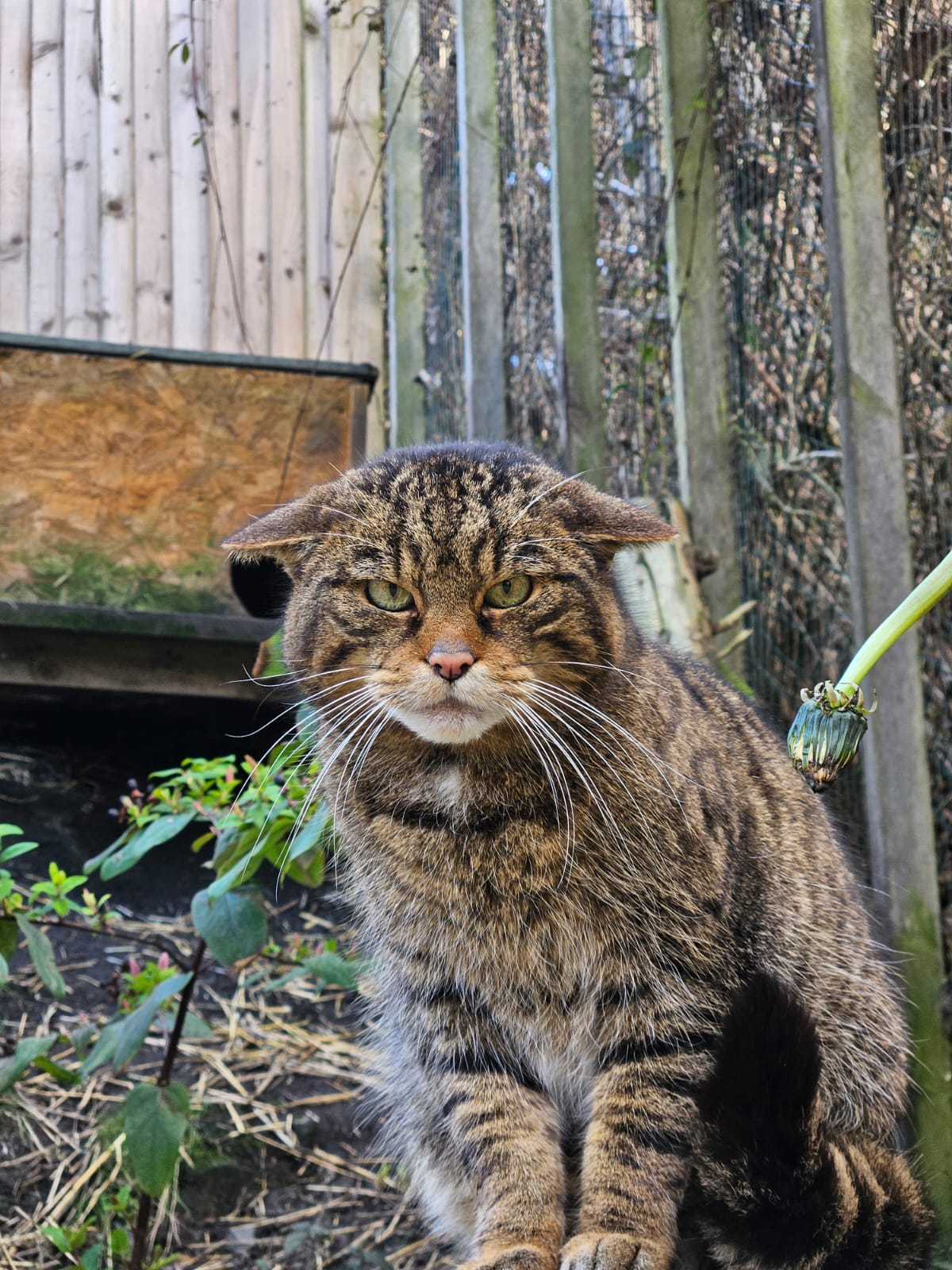Talking with Stuart Pimm, founding father of biodiversity conservation
1. As the founding father of biodiversity conservation and winner of every major international conservation award, you have made an astonishing contribution to the field. If an aspiring young conservationist, perhaps a recent graduate, asked for a recommendation on how best to make a positive impact in this field today, what would you suggest?

I became a conservation scientist before we had a name for that field. I was working in Hawaii on an ecological study involving honeycreepers. That some were already extinct, some were almost certainly to become so soon, gave an intense focus. Extinctions were ethically unacceptable, and preventing them was a challenge I could not avoid. Just doing “ecology” for the sake of it was not enough. Second, I realised there must be a role for science in preventing extinctions, and I have been developing that science ever since. The lesson in all this? Choose a problem that is important to solve, not necessarily one you know how to solve. From good problems will come good science. (If that science breaks the bounds of what others think science is, then all to the good.)
2. Can you talk a little about advocacy in the field? How important is it for scientists in the field to communicate to the general public? Are our voices heard enough? How can we better influence policy-makers?
Advocacy is a dirty word. Yes, society needs advocates, lawyers are examples, but that differs from what scientists do. We do not advocate for a particular position or hypothesis! I am not an advocate. But I am an activist. Most universities have mission statements along the lines of “teaching, research, and community service.” One should choose important problems (see the previous question!). Nothing says I should not teach journalists, politicians, and faith groups. And community service is a matter of sharing our knowledge, especially about the threats to society. In short, we are responsible for communicating our work and doing so widely. Far too many shun that responsibility. They do not talk to the media, politicians, and so on. Shame! Get off your arses and do your job.
3. How can any of us, living in a semi-urban or urban environment, engage practically in the process of wildlife conservation?
There’s a lot we can do locally. Do you have a lawn? However small, make it into a meadow of wildflowers. Is there a local nature reserve? Support it. “Do” nature — get out and enjoy it. And when was the last time you met your local politicians? Demand their action. Did they vote the right way? Make sure they know what that is.
4. Given that environmental targets set by governmental and non-governmental organisations are rarely or barely met (e.g. the Aichi targets), what needs to be done?
We must hold governments to their promises. Meet your politicians. There’s something else. NGOs claim to be doing things. What exactly are they doing? What are they promising? Are they making vacuous promises that they cannot measure? Far too many are. Demand that they make commitments that we can measure to see if they are spending their funds wisely. Not everything we try will succeed, but we can learn from failures and successes.
5. You have volunteered to be teleported into the Amazon, currently one of the most biodiverse regions on earth, 100 years hence. What do you imagine you will see?
A lot of it will be there. There’s much good news about our conservation actions. For instance, we have protected more of the planet over the last three decades. We have prevented many extinctions. Conservation is a new science, but we are learning how to do it.







